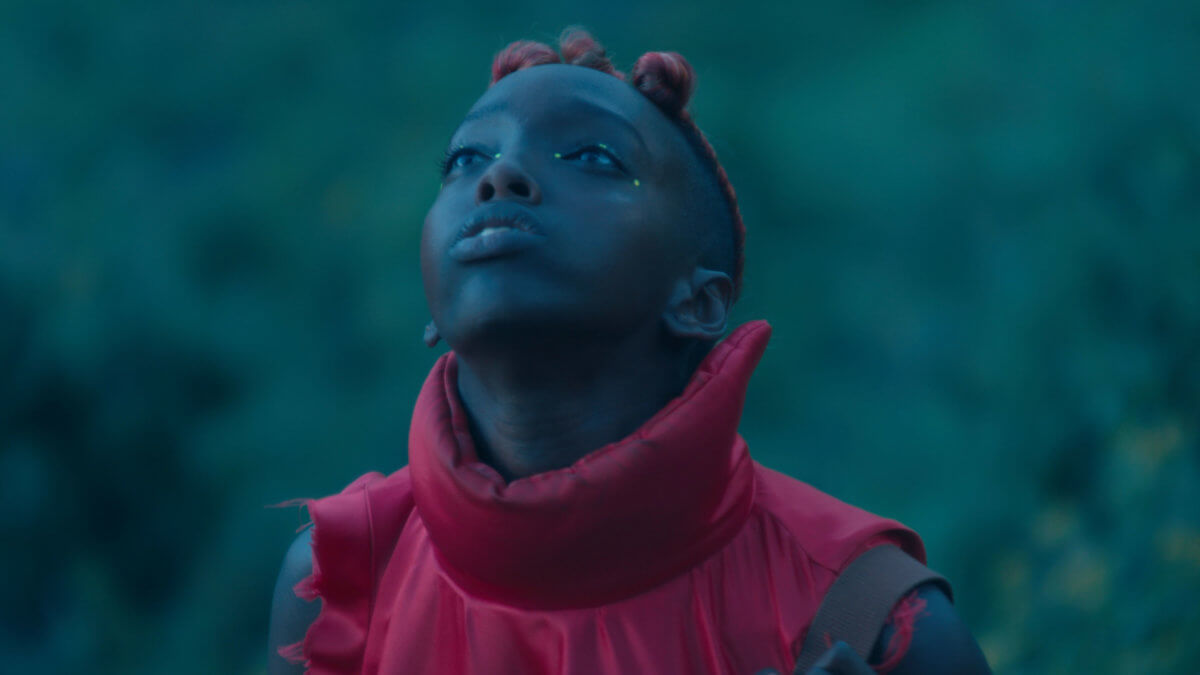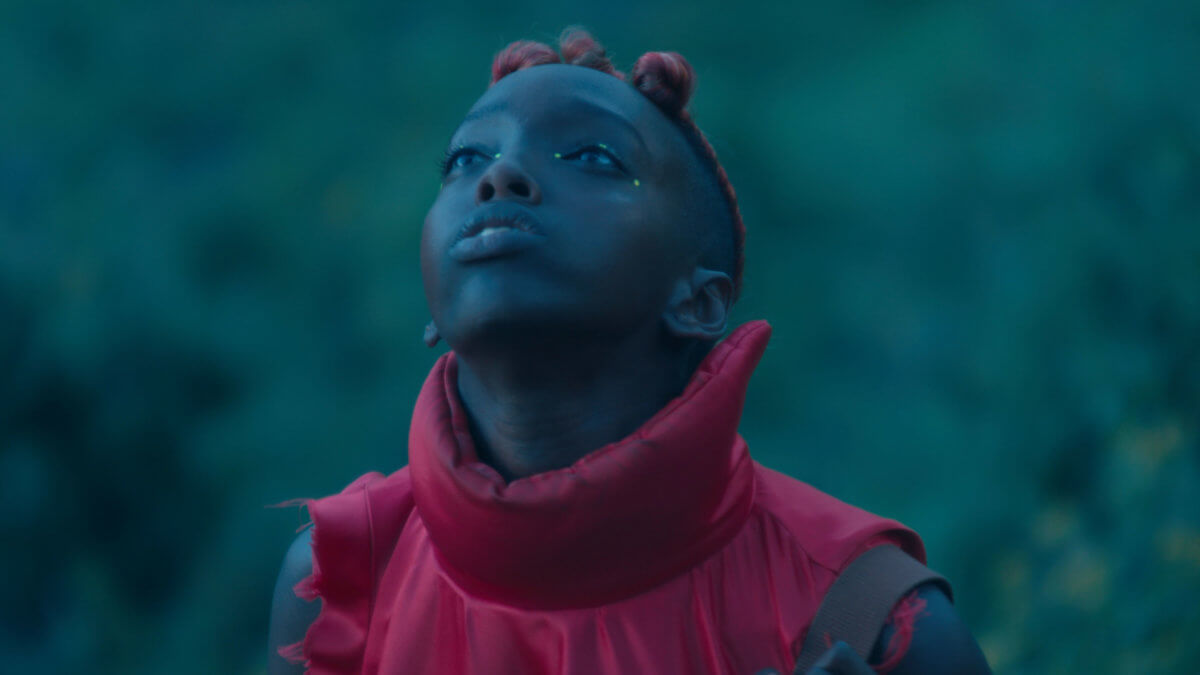
With the year winding down, let’s take a look at some of the top films of the year, along with some runners-up:
“All the Beauty and the Bloodshed” (Laura Poitras)
This documentary on bi photographer and activist Nan Goldin, who’s devoted her past few years to trying to force Purdue Pharma owners the Sackler family out of the art world, brings a righteous fury that current cinema sorely needs. The Sacklers’ numb presence at their bankruptcy hearing, faced with the families of victims of their drugs, is the most disturbing image of the year.
“The Cathedral” (Ricky D’Ambrose)
Autobiographical films where directors look back on their childhoods are common: This year alone, James Gray, Richard Linklater, and Steven Spielberg turned them in. While D’Ambrose is still in his 20s, “The Cathedral” lays out his youth with precise static framing, filling in the painful history he didn’t understand at the time. It exudes a control that’s only possible in retrospect.
“The Eternal Daughter” (Joanna Hogg)
Hogg has also offered her origin story as a filmmaker in her two “Souvenir” films. “The Eternal Daughter” continues her life story in a Gothic direction, obsessed with ghosts and set in a Welsh backwater perpetually filled with fog, that doubles a metaphor for the introverted isolation so many people experienced in 2020.
Respectability politics undoubtedly contributed to this Dutch film skipping American theaters and going straight to MUBI, but it defuses potentially sensational material (men being drugged unconscious and injected with HIV-positive blood at chemsex parties) with a detached approach and seven-part structure. “Feast” explores the victim blaming still lurking behind a culture that’s theoretically enlightened about consent.
“Jackass Forever” (Jeff Tremaine)
“Jackass Forever,” a film about men playing with each other’s genitalia, is far more deeply queer than most 2022 films with gay protagonists. Who knew torture porn could be this joyful, especially seen with an audience laughing and wincing along?
“Neptune Frost” (Saul Williams & Anisia Uzeyman)
Co-directed by queer musician, poet and actor Williams, “Neptune Frost” updates the radical Third World cinema of the ‘60s and ‘70s with a vision of Africans gaining control of computer technology and turning it into a powerful form of magic rather than being exploited as miners by companies like Apple. A sci-fi musical, it’s one of the year’s most enigmatic films, made without an eye on accessibility to white audiences, and all the better for it.
“Resurrection”
In a year where “elevated horror” bottomed out with quasi-progressive but pompous and empty films like “Men” and “They/Them,” Andrew Semans’ “Resurrection” showed how genre can do justice to the subject of abusive relationships. Rebecca Hall and Tim Roth both turned in excellent performances, while “Resurrection” trusts the audience enough to live with ambiguity and the possibility of dangerous behavior from its hero rather than portraying her as an idealized victim.
“Saint Omer” (Alice Diop)
In some form, “Saint Omer” is a true crime drama, based on the true case of a Senegalese-French woman who left her daughter on a beach to drown. But it draws on Alice Diop’s roots in documentary for formal rigor and her deep identification with her protagonist to avoid exploitation. Instead, “Saint Omer” shows art’s superiority to the law: it can withhold judgment.
“Something in the Dirt” (Aaron Moorhead & Justin Benson)
Made on a tiny budget with the directors doing double duty as the cast and crew (with only their producer assisting) and shot in their own LA apartments during 2020, “Something in the Dirt” avoids explicit allegory about COVID. But it demonstrates the power of isolation to breed folie a deux, as well as the difficulty of telling friendship from manipulation. As Moorhead and Benson work on increasingly large-scale TV projects (like the Netflix series “Archive 81” and Marvel’s “Moon Knight”), I hope they can make another film this free.
“We’re All Going to the World’s Fair” (Jane Schoenbrun)
An ambiguous supercut of chronically online loneliness and bodily change made by a non-binary director, “We’re Going to the World’s Fair” offers an accurate glimpse of the present and hints at a future for cinema that fully engages with technology in both form and content, much like “Something in the Dirt” and “Neptune Frost.”
RUNNERS-UP:
“Aftersun” (Charlotte Wells), “Benediction” (Terence Davies), “EO” (Jerzy Skolimowski), ”Fabian: Going to the Dogs” (Dominik Graf), “Great Freedom” (Sebastian Meise), “Guillermo del Toro’s Cabinet of Curiosities: The Outside” (Ana Lily Amirpour), “Line Goes Up – The Problem with NFTs” (Dan Olson), “Mad God” (Phil Tippett), “TAR” (Todd Field), “Three Minutes: The Lengthening” (Bianca Stigter), “Vortex” (Gaspar Noé)








